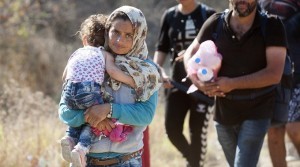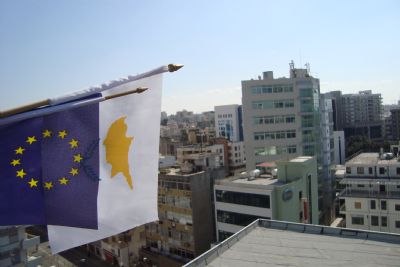The European Commission on Tuesday said it stood ready to provide Hungary with emergency EU facilities as Budapest struggles to cope with the record numbers of migrants streaming across its borders.
“We are ready to create a hotspot in Hungary, because this country needs our support,” said Natasha Bertaud, a spokeswoman for the Cmmission.
The so-called “hotspots” are newly created triage centres run by EU authorities and set up to accelerate the registration and handling of migrants, most of them refugees fleeing war in Syria.
Two hotspots exist so far, one in Catania, Sicily — to face the massive flow of migrants across the Mediterranean — and the other in Greece.
As per the latter, Bertaud said the Commission is … waiting for Greek authorities to announce the establishment of an agency that will manage 30 million euros earmarked for the aid to the country to deal with the migrant crisis. As present, however, “Greek authorities” are faced with the prospect of snap elections next month, even as Greece’s eastern Aegean isles are being inundated by refugees and third country nationals using using the crisis as a bid to easily enter the Union as “economic migrants”.
Cyprus
Cyprus will be called upon to accept 69 Syrian refugees who are currently outside Europe, 0.34% of the total of 20,000 to be taken in by EU member states, according to a proposal put forward by the European Commission to address the immigration issue, presented by Migration, Home Affairs and Citizenship Commissioner Dimitris Avramopoulos.
Of the 24,000 applicants for asylum, who will be resettled from Italy, Cyprus is being called upon to take in 104 refugees.
On Tuesday the European Commission called on EU member states to take in 40,000 asylum seekers from Syria and Eritrea who land in Italy and Greece over the next two years.
Germany, France and Spain would receive the most migrants under the Commission’s latest plan.
The idea of using quotas to resettle those who have made it to Europe has caused controversy in some EU states.
The UK government says that it will not take part in such a system. France, Spain, Hungary, Slovakia and Estonia have also all voiced concerns, and a final decision will be taken by EU governments after a vote by MEPs.
Ask me anything
Explore related questions






